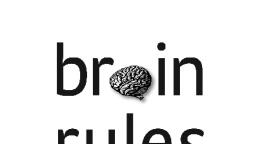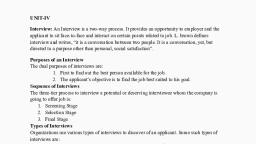Question 1 :
How does the poet suggest that you identify the lion and the tiger?
Question 2 :
Can you find other examples of poets taking liberties with language, either in English or in your own language(s)? Can you find examples of humorous poems in your own language(s)?
Question 3 :
When can you identify the lion and the tiger, according to the poet?
Question 4 :
What does the girl yearn for? What does this poem tell you about Amanda?
Question 5 :
How old do you think Amanda is? How do you know this?
Question 6 :
Read the last stanza. Do you think Amanda is sulking and is moody?
Question 8 :
Why does Valli stand up on the seat? What does she see now?
Question 9 :
How did Valli save up money for her first journey? Was it easy for her?
Question 10 :
What was the source of unending joy for Valli? What was her strongest desire?
Question 13 :
How does Mandela describe the systems of government in his century in the final decade of the twentieth century?
Question 14 :
What ideals does he set out for the future of South Africa?
Question 17 :
Where does Wanda live? What kind of place do you think it is?
Question 19 :
If you were in Noodle's place, how would you handle Think-Tank's mistakes?
Question 20 :
The aliens in the play speak English. Do you think this is their language? What could be the language of the aliens?
Question 21 :
What happens to the house when the trees move out of it?
Question 22 :
Why do you think that the poet does not mention “the departure of the forest from the house” in her letters? (Could it be that we are often silent about important happenings that are so unexpected that they embarrass us? Think about this again when you answer the next set of questions.)
Question 23 :
Find, in the first stanza, three things that cannot happen in a treeless forest.






























